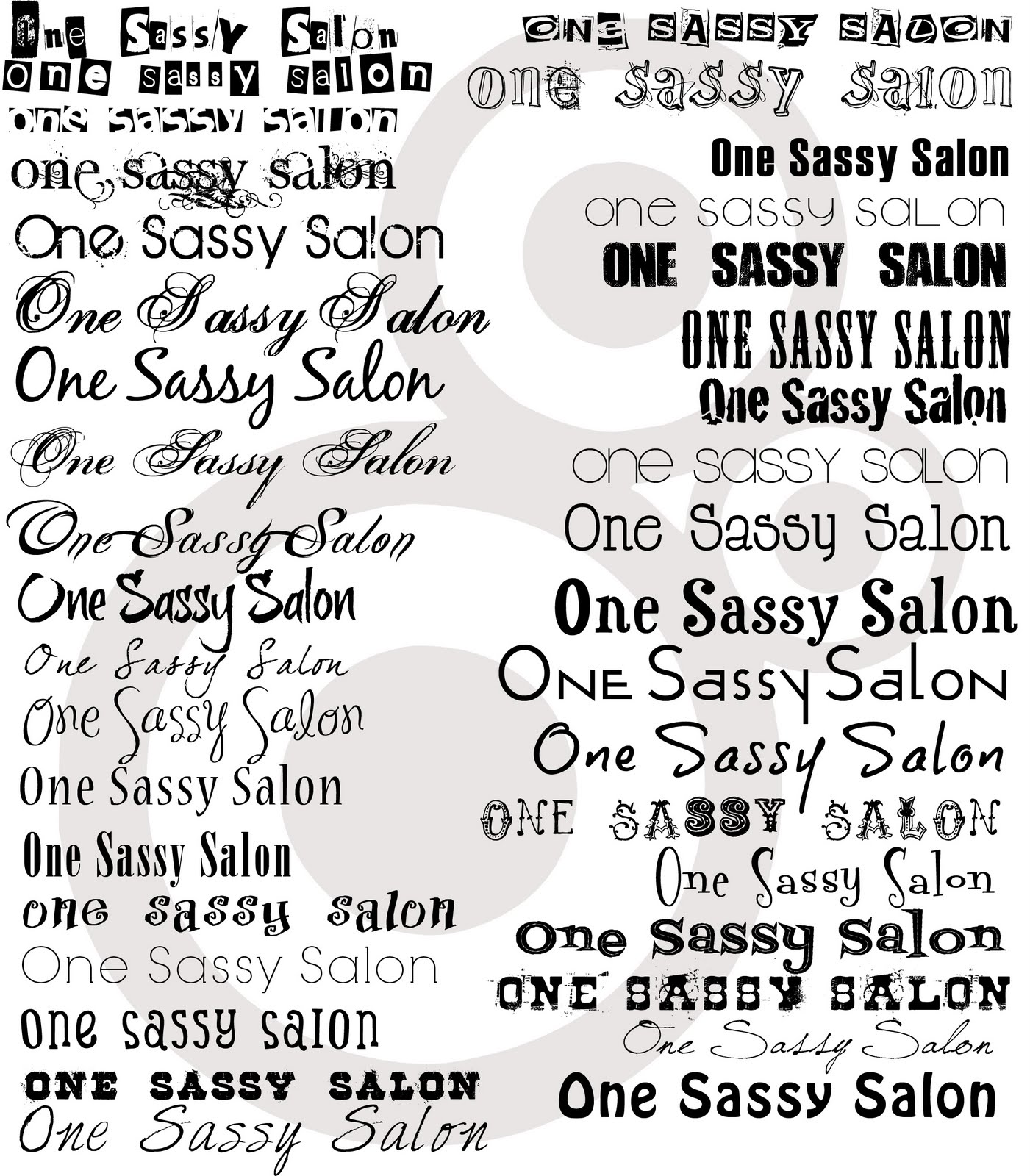Making Websites Beautiful: A Guide to HTML Font Selection
Ever notice how some websites just feel…right? How the words flow effortlessly, drawing you in? A big part of that magic is the careful selection of fonts. Choosing the right HTML fonts can transform your website from bland to beautiful, from confusing to clear. This exploration into the world of web typography will equip you with the knowledge to make your site shine.
Think of fonts as the personality of your website. A playful script font might be perfect for a children's clothing boutique, while a clean, modern sans-serif font could be ideal for a tech startup. Choosing appropriate typefaces in HTML isn't just about aesthetics; it significantly impacts readability and user experience. A poorly chosen font can make your content difficult to read, driving visitors away.
The journey of web typography began with limited options. Early websites were restricted to a handful of "web-safe" fonts, those pre-installed on most computers. This ensured that everyone saw the intended text, regardless of their operating system. However, this limited creativity. The advent of web fonts like Google Fonts and Adobe Fonts revolutionized the landscape, providing designers with a vast library of typefaces to enhance their websites.
Specifying font families in HTML is crucial for controlling the visual presentation of your text. It allows you to communicate your brand identity and ensure a consistent experience across different devices. Understanding the difference between serif and sans-serif fonts, the impact of font size and weight, and how to create fallback font stacks are essential skills for any web designer.
There's a whole world of typography terms to explore! "Font family" refers to a group of related fonts with similar characteristics, like Arial, Times New Roman, or Verdana. "Font weight" describes the thickness or thinness of the characters (e.g., bold, light). "Font style" refers to variations like italic or oblique. Learning these terms will empower you to navigate the world of HTML fonts with confidence.
Three key benefits of careful font selection are enhanced readability, improved brand identity, and better user experience. For example, using a clear, legible font like Open Sans improves readability, while selecting a distinctive font like Playfair Display can reinforce your brand identity. These factors contribute to a positive user experience, making visitors more likely to engage with your content.
Advantages and Disadvantages of Specifying Font Families
| Advantages | Disadvantages |
|---|---|
| Enhanced Brand Identity | Potential for Slow Loading Times |
| Improved Readability | Rendering Inconsistencies Across Browsers |
| Better User Experience | Accessibility Concerns with Unusual Fonts |
Best Practices for Implementing Font Names:
1. Limit the number of font families to maintain visual consistency.
2. Use a font stack to provide fallback options if a specific font isn't available.
3. Consider the font size and weight for optimal readability.
4. Pair fonts carefully for headings and body text.
5. Test your font choices on different devices and browsers.
Frequently Asked Questions:
1. What are web-safe fonts? Web-safe fonts are pre-installed on most operating systems, ensuring they display correctly across different devices.
2. How do I use Google Fonts? Link the Google Font you want to use in your HTML document's <head> section.
3. What is a font stack? A font stack is a list of fonts, providing fallback options if the preferred font isn't available.
4. How do I change font size in HTML? Use the `font-size` CSS property.
5. What's the difference between serif and sans-serif fonts? Serif fonts have small decorative strokes at the ends of characters, while sans-serif fonts do not.
6. How can I embed custom fonts? You can use the `@font-face` rule in CSS.
7. What are some popular font families for websites? Popular choices include Arial, Helvetica, Times New Roman, Georgia, and Open Sans.
8. How do I choose the right font for my website? Consider your brand identity, target audience, and the overall design aesthetic.
Tips and Tricks: Experiment with different font combinations using online tools like Google Fonts. Preview your website on various devices to ensure your chosen fonts render correctly. Consider using a font pairing tool to find harmonious combinations.
In conclusion, selecting the right fonts for your website is a crucial step in creating a positive user experience. From the early days of limited web-safe fonts to the vast libraries available today, HTML font selection has evolved dramatically. By understanding the nuances of font families, weights, styles, and best practices, you can ensure your website is both visually appealing and easy to read. Remember to consider your brand identity, target audience, and accessibility when making your choices. Taking the time to carefully select your HTML fonts will elevate your website's design and leave a lasting impression on your visitors. So go ahead, explore the world of typography, and let your website's personality shine! Implementing proper HTML typefaces contributes significantly to the overall aesthetic appeal, readability, and user experience of your website. It's a worthwhile investment that will pay dividends in the long run by attracting and retaining visitors.

Font Families in Premium Fonts | YonathAn-Avis Hai

font names for html | YonathAn-Avis Hai

Html verdana font family | YonathAn-Avis Hai

My name is Colette and Im addicted to fonts | YonathAn-Avis Hai

12 PostScript Fonts Used by GMT | YonathAn-Avis Hai

Fonts in HTML Emails | YonathAn-Avis Hai

font names for html | YonathAn-Avis Hai

font names for html | YonathAn-Avis Hai

font names for html | YonathAn-Avis Hai

font names for html | YonathAn-Avis Hai

How To Get Graffiti Fonts On Microsoft Word at Velma Lin blog | YonathAn-Avis Hai

font names for html | YonathAn-Avis Hai

font names for html | YonathAn-Avis Hai

What Are The Types Of Font Styles | YonathAn-Avis Hai

Feature Mine Logo Template | YonathAn-Avis Hai